Two months ago, I was immersed in a book about the Wright brothers, builders and pilots of the world’s first motor-operated airplane. The author, David McCullough, did a fine job with one exception: He made no reference to Orville or Wilbur’s romantic interests, merely stating that neither of them married. I had to turn to Google to get the low-down. Not a single girlfriend or boyfriend! They were life-long bachelors—nothing so unusual about that—who had an inverted family life due mostly to their father’s strongly held belief that the outside world was depraved and unworthy of trust. When their sister Katherine got married at age 52, Orville felt betrayed and threw a fit.
I used to think the sex drive, the “urge to merge,” was universal, that we all had this fundamental need and that it had to be satisfied. The group to which I belong is, may I say, the norm—hetero sex, man and woman. Sexual minorities can scorn us all they like, but this is how the human race stays alive. Gay men and women comprise ± 5% of the population in every culture on earth. I am open-minded enough to respect most points on the sexual continuum, but not all. I could more easily relate to gay sex or polyamorous sex or even non-coerced bondage than to asexuality. I am a little bit out of my depth here since I do not have a Ph.D. in gender and sexuality studies. One who did was Indiana University researcher Albert Kinsey. In the late 1940s and early 1950s, he put 1.5% of men and 19% of women in his “category X” (no socio-sexual contacts or reactions). Just keep in mind that Dr. Kinsey used specious methodology and got a lot wrong.
Doesn’t the desire for intimacy with others run a close fourth to food, water and shelter? I look back on my life and think of GFs and bed partners who ranged from libertine to plain vanilla to shy and prudish, but all had some degree of libido. Orville and Wilbur Wright had none and seemed content with such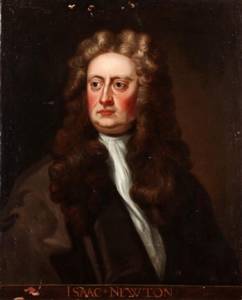 a state of affairs. Here are eight others (six of whom are British; make of that what you will) who were probably lifelong virgins.
a state of affairs. Here are eight others (six of whom are British; make of that what you will) who were probably lifelong virgins.
Isaac Newton (1642−1727), a key figure in the scientific revolution and according to some the greatest genius who ever lived. Indifferent to sex, Newton nevertheless had a relationship of some kind with a Swiss mathematician named Nicolas Fatio de Duillier. It ended abruptly in 1693, and he suffered a nervous breakdown. French philosopher Voltaire, who attended Newton’s funeral in London, said that he “was never sensible to any passion, was not subject to the common frailties of mankind, nor had he any commerce with women.”
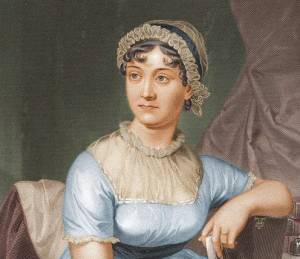 Jane Austen (1775−1817), a novelist who wrote mostly about the British landed gentry, women, marriage, and social and economic security. Two of her most famous books, Pride and Prejudice and Sense and Sensibility, pertain to romantic relationships without a trace of sex. Pretty and flirtatious, she had several suitors but snubbed them all. Austen’s biographers are by no means in agreement that she was asexual, as she may have had feelings and desires for men but never acted upon them. She lived out her life as a spinster. We would know more, except her sister Cassandra—a spinster, as well—burned nearly all of her papers when she died.
Jane Austen (1775−1817), a novelist who wrote mostly about the British landed gentry, women, marriage, and social and economic security. Two of her most famous books, Pride and Prejudice and Sense and Sensibility, pertain to romantic relationships without a trace of sex. Pretty and flirtatious, she had several suitors but snubbed them all. Austen’s biographers are by no means in agreement that she was asexual, as she may have had feelings and desires for men but never acted upon them. She lived out her life as a spinster. We would know more, except her sister Cassandra—a spinster, as well—burned nearly all of her papers when she died.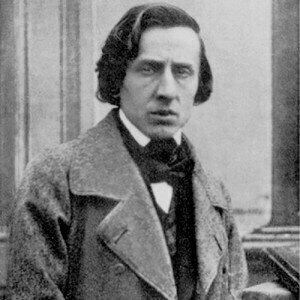
Frederic Chopin (1810−1849), a Polish piano virtuoso and composer of the Romantic era. He, too, was asexual, despite a long relationship with author George Sand (female, real name of Amantine Dupin). She called their affair “eight years of maternal devotion” and noted that Chopin “seemed to despise the coarser side of human nature and…feared soiling our love by further ecstasy.” This I do not understand. Go for the ecstasy, Fred!
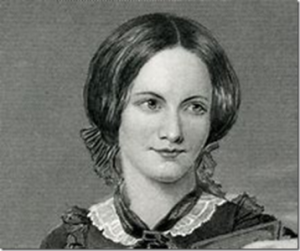 Emily Brontë (1818−1848), author of Wuthering Heights, a classic of English literature. She is a mysterious person, as little is known about her due to her solitary and reclusive nature. According to Brontë’s sister Charlotte, she seldom left home except to go to church or walk in the hills of Yorkshire. She had benevolent interactions with other people, but never sought them out. While the lead characters in her book, Heathcliff and Catherine, felt deep passion, the same cannot be said of Brontë. This woman, who lived only 30 years, appears to have had no lust at all in her heart.
Emily Brontë (1818−1848), author of Wuthering Heights, a classic of English literature. She is a mysterious person, as little is known about her due to her solitary and reclusive nature. According to Brontë’s sister Charlotte, she seldom left home except to go to church or walk in the hills of Yorkshire. She had benevolent interactions with other people, but never sought them out. While the lead characters in her book, Heathcliff and Catherine, felt deep passion, the same cannot be said of Brontë. This woman, who lived only 30 years, appears to have had no lust at all in her heart.
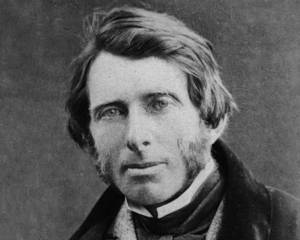 John Ruskin (1819−1910), a highly erudite Victorian art critic. In 1848, Ruskin wed beautiful 19-year-old Euphemia “Effie” Gray. The wedding night was unconsummated, and things remained so for the six years of their marriage, which was finally annulled. This has been the topic of salacious gossip ever since. Was Ruskin really disgusted by the sight of the naked female form? There may have been other factors keeping the two apart, because he seemed attracted to Gray, once calling her a “saucy, wicked, witching, malicious, merciless, mischief-loving, torturing, martyrizing mountain nymph.” She got her annulment and married Ruskin’s protégé, an artist named John Everett Millais. They went on to have eight kids—plenty of sexing there. Ruskin
John Ruskin (1819−1910), a highly erudite Victorian art critic. In 1848, Ruskin wed beautiful 19-year-old Euphemia “Effie” Gray. The wedding night was unconsummated, and things remained so for the six years of their marriage, which was finally annulled. This has been the topic of salacious gossip ever since. Was Ruskin really disgusted by the sight of the naked female form? There may have been other factors keeping the two apart, because he seemed attracted to Gray, once calling her a “saucy, wicked, witching, malicious, merciless, mischief-loving, torturing, martyrizing mountain nymph.” She got her annulment and married Ruskin’s protégé, an artist named John Everett Millais. They went on to have eight kids—plenty of sexing there. Ruskin 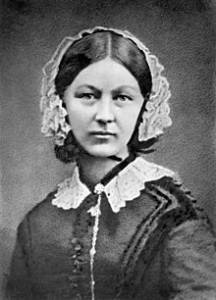 later proposed to a young woman who agreed, as long as they could also have a “white marriage.” Already embarrassed by the Effie Gray scandal, he declined. Ruskin’s final 30 years were marked by mental instability. He died, never having loved a woman, at least in the Biblical sense.
later proposed to a young woman who agreed, as long as they could also have a “white marriage.” Already embarrassed by the Effie Gray scandal, he declined. Ruskin’s final 30 years were marked by mental instability. He died, never having loved a woman, at least in the Biblical sense.
Florence Nightingale (1820−1910), the “lady with the lamp” who made rounds for wounded soldiers during the Crimean War. Her efforts there were heroic and merit our admiration even now. Plenty of guys were drawn to this slim and attractive upper-class British woman, but she always managed to say, “Go away, darling.” Nightingale was so focused on her work and helping others that she regarded it as a religious calling. Intermittently bedridden and depressed starting in the late 1850s, she remained chaste her entire life.
Nikola Tesla (1856−1943), a Serbian-born inventor and engineer best known for his contributions to the alternating-current electricity supply system. Tesla had a long-running and contentious rivalry with 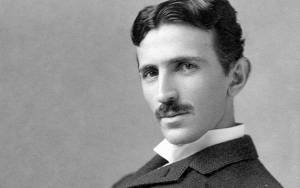 Thomas Edison, his main problem being an inability to patent his ideas and bring products to the marketplace. Obsessed with science, he was just “too busy” for females. His admirers (who included Mark Twain and Sarah Bernhardt) opined that this allowed Tesla to stay hyper-focused and productive. Wouldn’t many women yearn to have such a handsome, cultured man who often displayed a surprising sweetness?
Thomas Edison, his main problem being an inability to patent his ideas and bring products to the marketplace. Obsessed with science, he was just “too busy” for females. His admirers (who included Mark Twain and Sarah Bernhardt) opined that this allowed Tesla to stay hyper-focused and productive. Wouldn’t many women yearn to have such a handsome, cultured man who often displayed a surprising sweetness?
T.E. Lawrence (1888−1935), a British military man and adventurer whose role in the Arab revolt against the Ottoman empire before and during World War I led 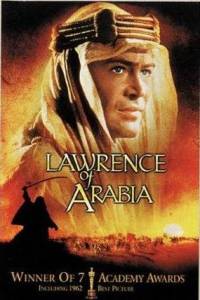 to him being immortalized in the 1962 film Lawrence of Arabia. His sexuality is still debated. Some historians think Lawrence’s reticence can be traced to his belief that no respectable woman could be interested in a man who was born out of wedlock. It has also been mooted that being captured, tortured and humiliated by the Turks during the war left him free of sexual desire. Some scholars go so far as to suggest that he was sadomasochistic, mixing pain with pleasure. It seems certain that when Lawrence, a man wracked with complicated emotions, died in a motorcycle accident at age 46, he was as pure as the driven snow—regardless of what the Turks had done to him.
to him being immortalized in the 1962 film Lawrence of Arabia. His sexuality is still debated. Some historians think Lawrence’s reticence can be traced to his belief that no respectable woman could be interested in a man who was born out of wedlock. It has also been mooted that being captured, tortured and humiliated by the Turks during the war left him free of sexual desire. Some scholars go so far as to suggest that he was sadomasochistic, mixing pain with pleasure. It seems certain that when Lawrence, a man wracked with complicated emotions, died in a motorcycle accident at age 46, he was as pure as the driven snow—regardless of what the Turks had done to him.

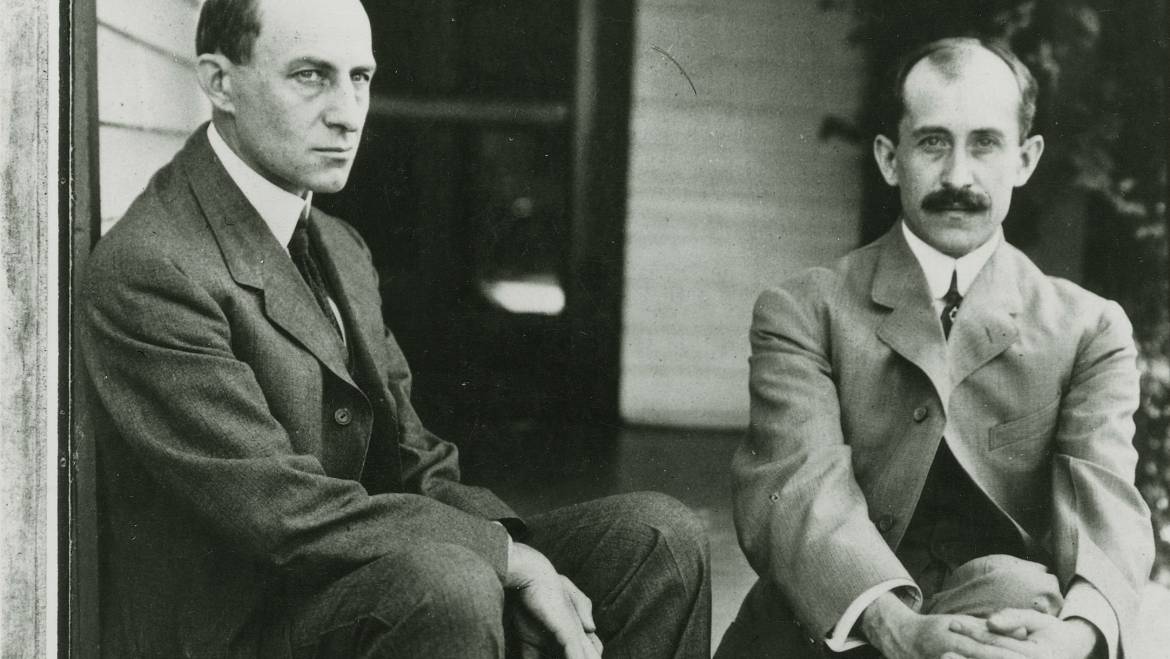
12 Comments
Oh, that was a lot of research work my dear! I enjoyed reading this piece. I am amazed with how this great men and women faced this issue. Yes, i agree that sex is considered one of the basic needs of man as popularized by Maslov’s hierarchy of needs. Thank you, this is very informative
Maslov’s hierarchy of needs…I should have mentioned that, Dr. Cornel!
Fascinating work. Who knew? Thanks to your research on this subject, I can posit that many of those you listed did in actuality did have a mistress, not in bodily form, but material nonetheless. What am I talking about? Was it not their livelihood? The passions of a person can consume them, right, be it a sex drive or the thirst for power, glamour or money, or recognition? Didn’t each of these people have a deep passion that became so strong, it was a replacement for a mate and the sex drive? Just saying that it is a plausible conclusion. You may not agree and I am fine with that but if for example one were to look a Tesla, or even Edison, you would see them sleepless for days in their pursuits of their many inventions, sometimes not even stopping to eat. That’s being consumed with their passion would you not agree? You made that point, so I am agreeing with you and those who have considered these men before us. So, for those listed, was their passion for their mistress all consuming? Evidently, since they abandoned the “urge to merge”, a built-in mechanism in genes. Wow, if they had produced offspring , consider the ramifications… their gene pool could have sourced so many famous, inventive, creative, brilliant and all-around “freaks of nature” people of the future. I think of Jonathan Edwards who was “normal” in bed, had a family legacy. From Jonathan Edwards’ 1,394 studied descendants came an American vice-president, 3 senators, 3 governors, 3 mayors, 30 judges, 13 college presidents, 65 college professors, 100 lawyers, 60 physicians, 75 military officers, 100 preachers and missionaries, 60 prominent authors, and 80 other public officials. What if?
Thanks, Gary. You make a valid point, albeit one I touched on briefly. These eight (actually ten including the Wrights) people are not all the same. Some had desire but could not satisfy it for one reason or another. I guess Emily Bronte is the best example of the opposite–no desire, no eros, nothing. I made reference to “white marriages.” You would be surprised how common these were in times past. For some people, sex is just a very low priority.
Very interesting read and enjoyed learning about them all. Something that never crossed my mind but certainly does now . Thank you Richard for another well written article
Cathy, thank you so very much for reading it and offering a comment. Sex makes the world go around…
Great article, Richard, and something I’ve really considered. I would add most Catholic priests to the list!
SOME Catholic priests adhere to celibacy, but many don’t. And that’s not the issue here. It’s people who are unable or unwilling to do what is only natural.
I have been close friends with many Catholic priests and all of them are celibate. They take their vows seriously and don’t feel the need for a wife as they are very busy with their church. I don’t get it, but there are tens of thousands of them!
The largest empirical research to date by Richard Sipe studied 1,500 Catholic priests over the period of 25 years and concluded that fewer than 50 percent of them even attempt celibacy, while only 2 percent achieve total celibate chastity.
Richard- Thanks for researching a topic which is not regarded as front page news. I concur with Gary, for without the passion exhibited by some of the great inventors and writers, there would have been delays in technological progress as well as an absence of some of the great works of literature.
Thank you, Robert Charles. You and Gary may be right about that. But having a partner (and I do not mean just a sex partner) can sometimes facilitate a person’s achievements.
Add Comment